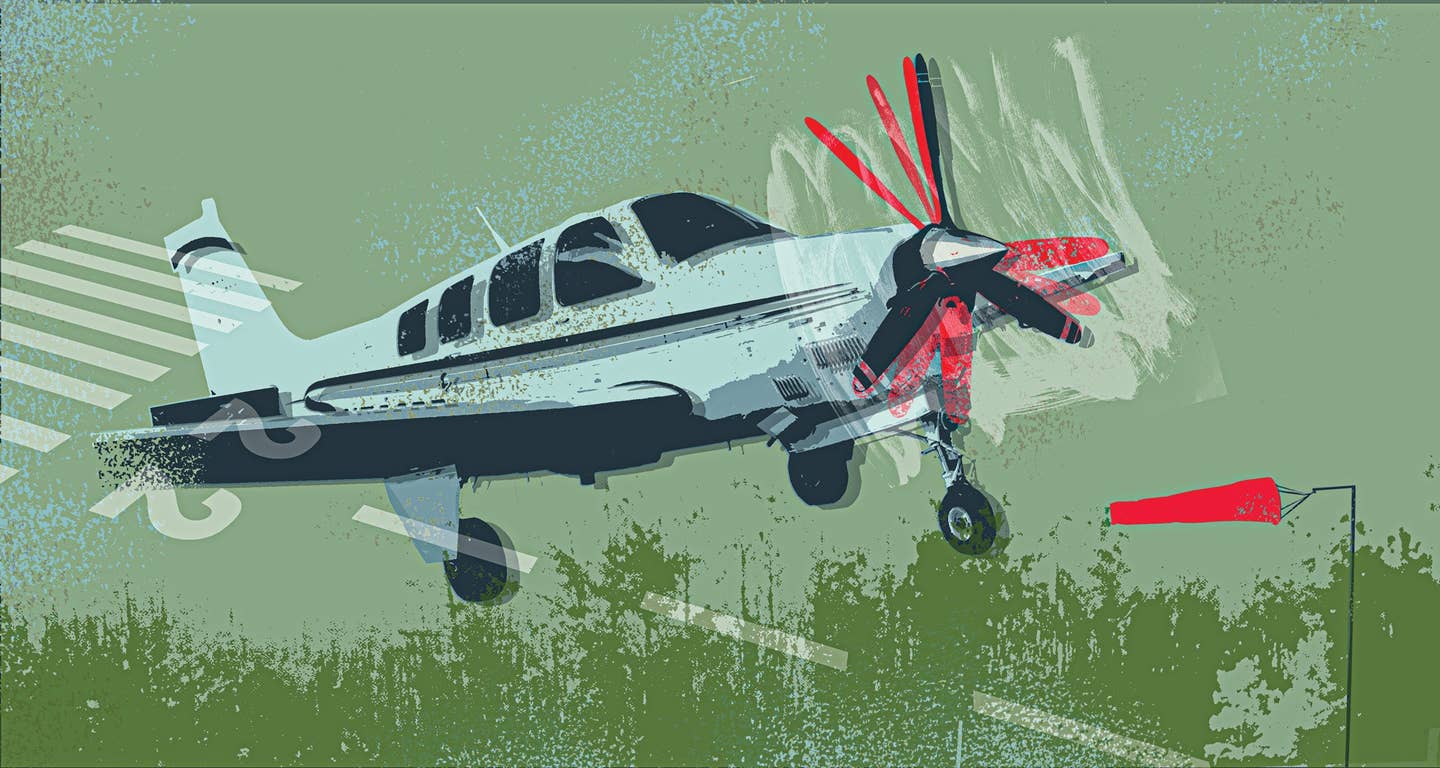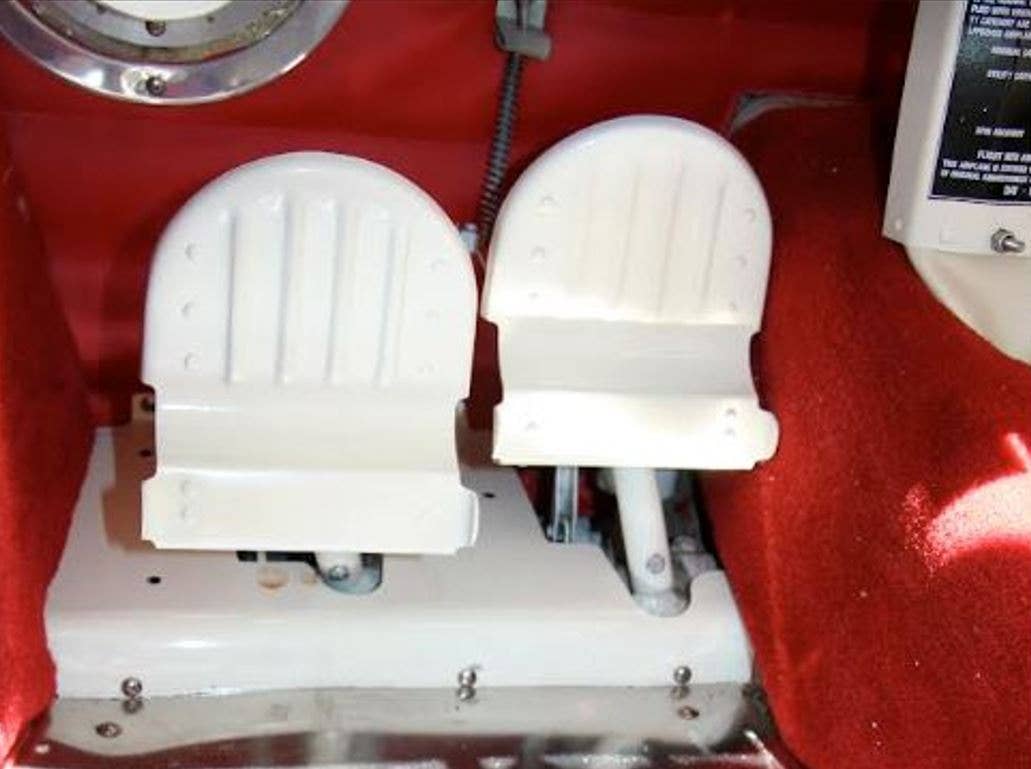Thousands Furloughed, Construction Projects Halted Due to FAA Shutdown

Nearly 4,000 FAA employees were furloughed Saturday after Congress adjourned Friday without passing an FAA reauthorization bill, prompting a partial FAA shutdown and triggering a ripple effect throughout the country, including at this week’s EAA AirVenture in Oshkosh, Wisconsin.
The FAA has issued dozens of stop-work orders for multi-million dollar airport improvement projects, and approximately $2.5 billion in airport improvement grants have been put on hold because of the shutdown.
“This is no way to run the best aviation system in the world,” Transportation Secretary Ray LaHood said in a recent FAA press release. “Work is stopping on construction and planning projects, NextGen system testing, and airport certification. The list goes on and on and this is just the beginning.”
The shutdown has also prompted something of a tax holiday for commercial airliners. With the lack of new legislation, the FAA has lost the authority to collect taxes on fuel, excises and cargo, a loss that is costing the administration approximately $30 million per day. But passengers shouldn’t necessarily expect these savings to trickle down into their pocket books. Many airlines have raised rates to make up for the price differential.
Despite the partial FAA shutdown, air traffic controllers and safety inspectors remain on the job.
At AirVenture, a number FAA officials who were scheduled to attend to give presentations or participate in informational sessions were no-shows after receiving furlough notices. At press time it was still unclear if FAA Adiministrator Randy Babbitt would travel to Oshkosh for the show.
How long the FAA shutdown will last is still up in the air, but according to representative John Mica, chairman of the House Transportation and Infrastructure Committee, the House and the Senate are not currently in negotiation to resolve the standoff.
The last comprehensive FAA funding bill expired in 2007. Since then, Congress has been extending FAA funding with a series of 20 short-term measures. Some of the top issues of contention between the House and the Senate include aviation subsidies for rural areas and rules that could affect unionizing efforts.

Subscribe to Our Newsletter
Get the latest FLYING stories delivered directly to your inbox






